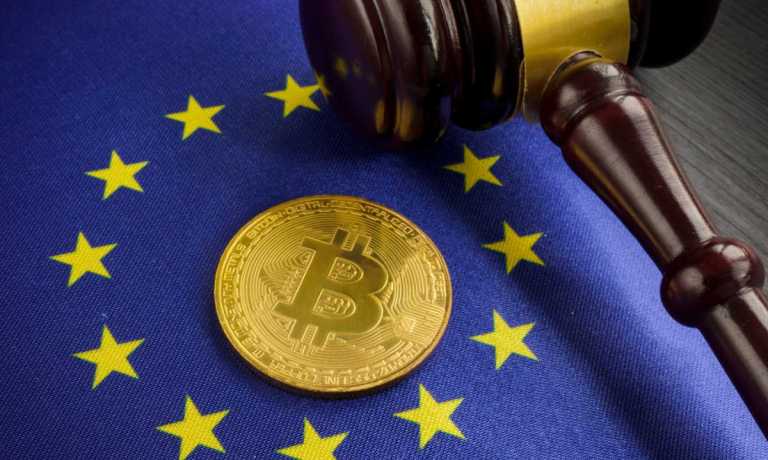
A European regulator has proposed new rules for cryptocurrency companies headquartered outside of the bloc.
The European Securities and Markets Authority (ESMA) introduced regulations Monday (Jan. 29) that would place limits on those companies’ ability to serve customers in the European Union (EU) to prevent unfair competition.
The EU made history last year when it became the first global jurisdiction to endorse a comprehensive regulatory framework for cryptoassets, such as bitcoin. The Markets in Crypto Assets (MiCA) regulations were adopted last June, but won’t go into full effect until the end of this year.
To that end, the ESMA warned last year that even with MiCA’s implementation, “retail investors must be aware that there will be no such thing as a ‘safe’ cryptoasset,” spotlighting the inherent risks associated with this emerging asset class.
In a statement aimed at investors, the regulator asked: “Can you afford to lose all the money you are planning to invest?” The authority stressed that cryptoassets are susceptible to “novel operational and security risks,” making them unpredictable.
ESMA’s latest proposal deals with crypto asset firms based outside of Europe that want to provide services to European customers, as opposed to those based inside the EU.
“The proposed guidance confirms ESMA’s previous message that the provision of crypto-asset services by a third-country firm is limited under MiCA to cases where the client is the exclusive initiator of the service,” ESMA said in a statement.
“This exemption should be understood as very narrowly framed and must be regarded as the exception. A firm cannot use it to bypass MiCA,” the agency added.
The news comes as other jurisdictions are considering their own crypto rules. In the U.S., crypto industry figures are hopeful that this will be the year the country adopts stablecoin regulations.
Jeremy Allaire, CEO of USD Coin stablecoin issuer Circle, said earlier this month that countries around the world were quickly approving crypto regulations, with the U.S. more likely to approve new stablecoin laws than it has in the past.
“I think what you’re seeing is a desire from the administration, a desire from the Treasury, from the [Federal Reserve], by both chambers of Congress, and certainly on a bipartisan basis,” Allaire told CNBC.
“Digital dollars are happening around the world, other governments are regulating dollar-digital currencies before the United States,” he added. “And so I think there is a very strong desire to act and assert U.S. leadership and get the right consumer protections involved.”
For all PYMNTS crypto coverage, subscribe to the daily Crypto Newsletter.